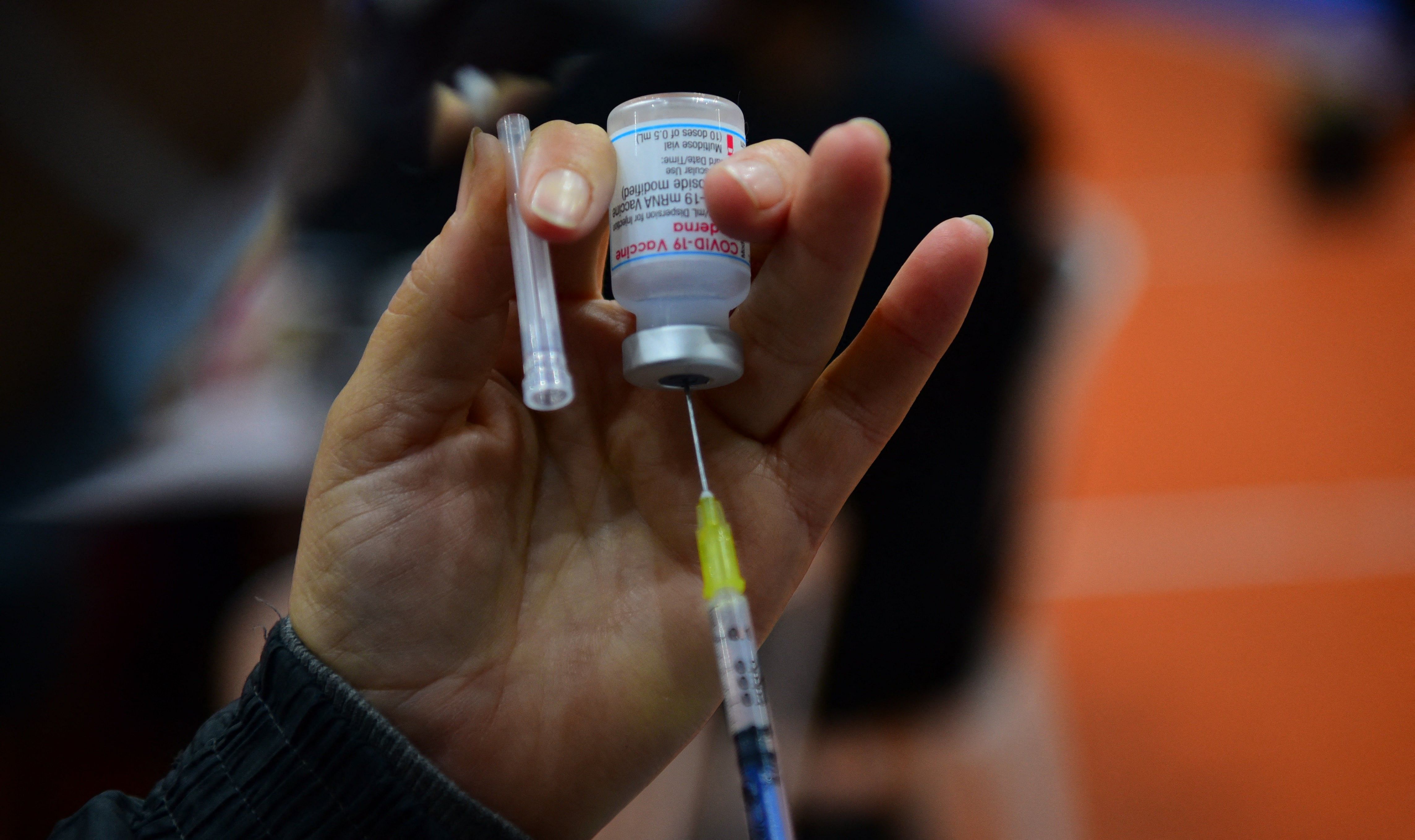
As India prepares for the third wave of coronavirus, head of the National Expert Group on Vaccine Administration said the Zydus Cadila vaccine will be available to inoculate teens from ages 12 to 18 by September. He also said vaccination for the same age group with Covaxin is likely to begin soon after (September-end). Covaxin is currently conducting phase III trials for the 12-18 years age group.
As Bharat Biotech’s Covid-19 vaccine awaits World Health Organisation’s (WHO) nod, chief scientist Dr Soumya Swaminathan on Thursday said the Phase-3 trial data of Covaxin`looks good. The pre-submission meeting of Emergency Use Listing of Covaxin by WHO was held on June 23. While they are currently in the process of assembling the data packet, she mentioned that the Phase-3 trials data looks good and Bharat Biotech had looked into variants in it.
Pfizer and BioNTech announced Thursday they would seek regulatory authorisation for a third dose of their Covid-19 vaccine. It comes after initial data from an ongoing trial showed a third shot pushed antibody levels five to 10 times higher against the original coronavirus strain and the Beta variant, first found in South Africa, compared to the first two doses alone, according to a statement.
Six months into what has been hailed as the largest vaccination drive, only eight states have inoculated more than 10 per cent of their target population with two doses of the vaccine whereas Uttar Pradesh, Bihar and Jharkhand gave both doses to less than 5% of their targeted individuals.
In the first meeting of the newly instated Union Cabinet, a Rs 23,123-crore Covid-19 package was announced to improve health infrastructure over the next nine months with a special focus on upgrading the medical facilities at 736 districts as the government gears up to tackle the third wave.
This week the world passed the "tragic milestone" of four million recorded Covid-19 fatalities on Wednesday, the World Health Organization said, adding that the pandemic's true toll was probably higher. Too many countries all over the world were seeing sharp spikes in cases and hospitalisation, due to fast-moving virus variants and a "shocking inequity" in global access to vaccines, the WHO chief said.
India expects to receive 30 to 40 lakh doses of the Pfizer and Moderna Covid-19 shots through the COVAX facility by August as it tries to expand inoculations to prevent another surge in infections. However, regulatory issues are holding up the supplies of vaccines from the US under its donation programme. India could get one to two million doses of the vaccines.
The Delta variant continues to concern countries across the world as different trial data on how vaccines work against it emerge.
In Britain, researchers reported in May that two doses of the Pfizer-BioNTech vaccine had an effectiveness of 88 per cent protecting against symptomatic disease from Delta. A June study from Scotland concluded the vaccine was 79 per cent effective against the variant. On Saturday, a team of researchers in Canada pegged its effectiveness at 87 per cent. And on Monday, Israel’s Ministry of Health announced that the effectiveness of the Pfizer-BioNTech vaccine was 64 per cent against all coronavirus infections, down from about 95 per cent in May, before the delta variant began its climb to near-total dominance in Israel.
In some good news, scientists have found a recipe for even more effective and powerful vaccines against the coronavirus and its rapidly emerging variants, based on the way human cells activate the immune system in response to Covid-19 infection. The researchers noted that developing vaccines to activate the other arm of the immune system — the T cells — could dramatically increase immunity against coronavirus, and importantly, its variants.